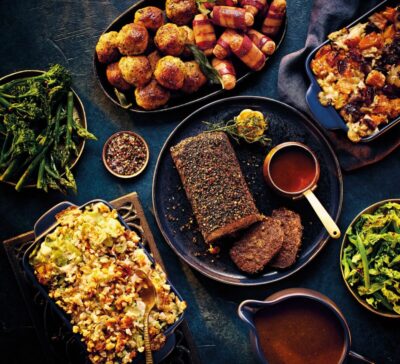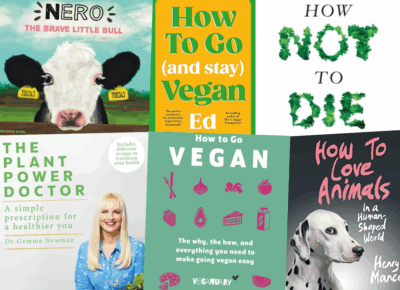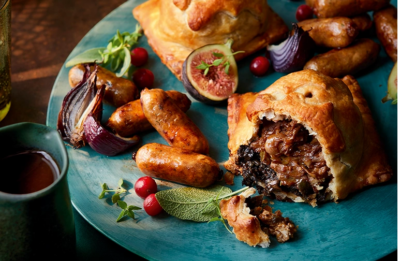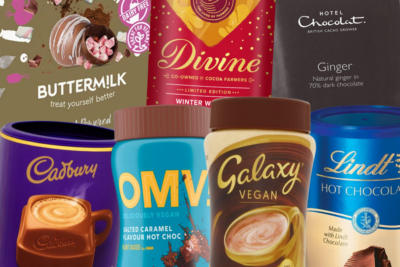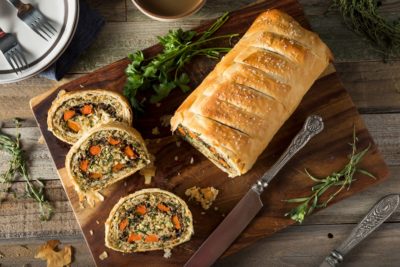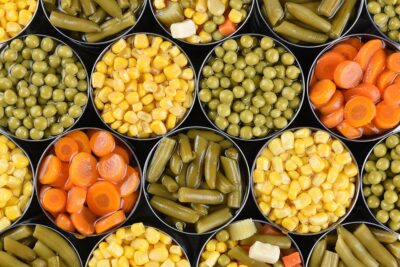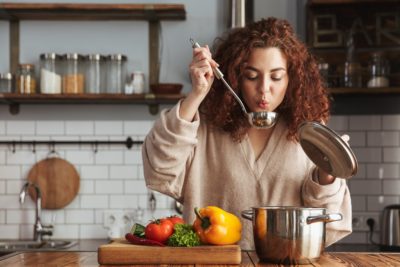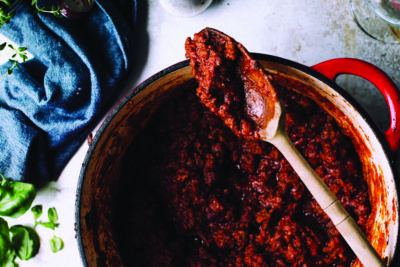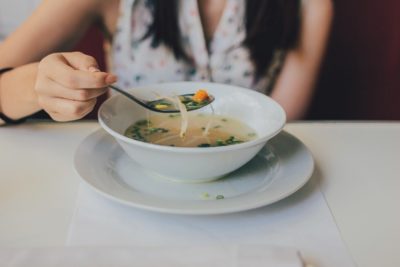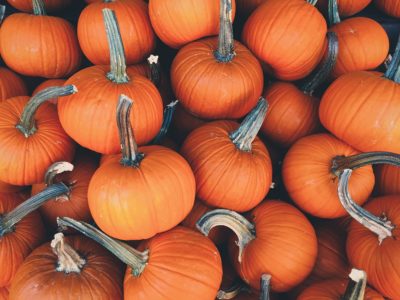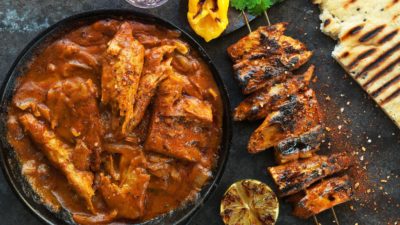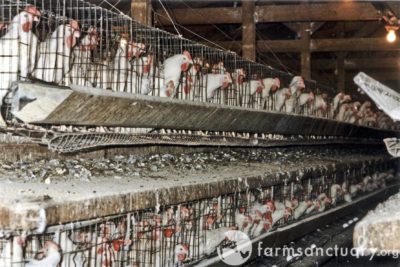Worldwide, an estimated 66 per cent of all antibiotics are used in farmed animals, not people. This has serious implications for the well-being of both people and animals.

WHY DO FARMS USE SO MANY ANTIBIOTICS?
The vast majority of farmed animals are raised in intensive, factory-farm units. Inside immense, filthy sheds, immunocompromised animals live in highly stressful conditions.
Pigs cannot build nests or root in the earth; chickens cannot roost or dustbathe. Without enrichment, there is nothing for them to do, and nowhere to go. With all their natural behaviours denied them, it is inevitable that they take out their frustrations on one another.
Unsurprisingly, injury and disease inside these farms are rife. In order to keep as many animals alive until slaughter day as possible, huge amounts of antibiotics are used, and not just in animals who are sick, but in whole flocks or herds.
Not only do these drugs keep animals alive, they boost their growth, and that is a powerful incentive for the industry to continue using them.

WHY IS ANTIBIOTIC OVER-USE SO BAD?
There are two reasons. The first is that by using them wholesale in this way, we allow the mass industrial farming of animals to continue unchanged. It means animals can still be raised in appalling conditions, despite the physical, emotional and psychological toll it takes on them. And it means the consequences of animal agriculture – including driving climate breakdown, deforestation, pollution and biodiversity loss – will also continue.
The second reason is that this over-use allows antibiotic-resistant pathogens to emerge and spread to people. Antibiotic resistance happens when bacteria stop responding to the drugs that have been developed to treat them, and the more we use antibiotics, the quicker this happens.
HOW SERIOUS IS THIS?
Some very common diseases, including respiratory tract infections, sexually transmitted infections and urinary tract infections, have already become untreatable, with lifesaving medical procedures also becoming riskier. More than 700,000 people die each year due to drug-resistant diseases, and this figure is only expected to rise.
The World Health Organization describes antibiotic resistance as “one of the biggest threats to global health, food security, and development today”. It says: “Without urgent action, we are heading for a post-antibiotic era, in which common infections and minor injuries can once again kill.”
what can we do?
If we get sick, we should take antibiotics only if we need them, remembering that they work against bacterial infections, not viral ones like flu and the common cold. If we do take them, we should finish the course to prevent the strongest pathogens from surviving, multiplying and spreading.
But there is another way to have an even bigger impact: we can eat vegan. Plant-based foods do not require the use of any antibiotics, which means these precious drugs can be preserved for when we truly need them.
Are you ready to try? Take part in Veganuary and let us support you.

